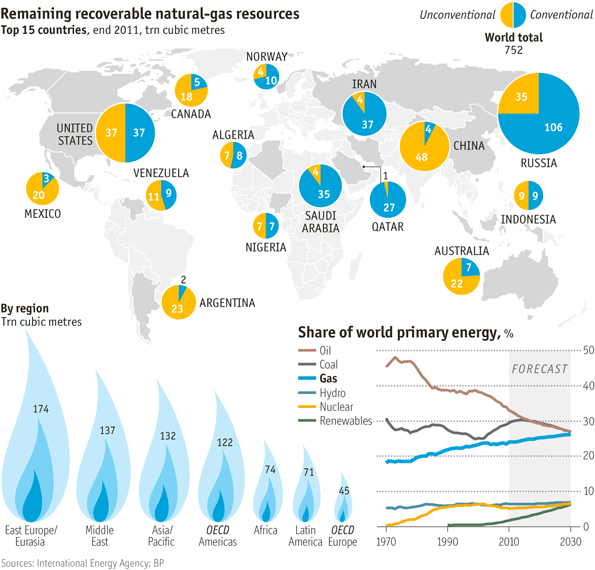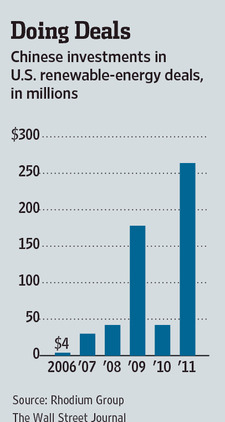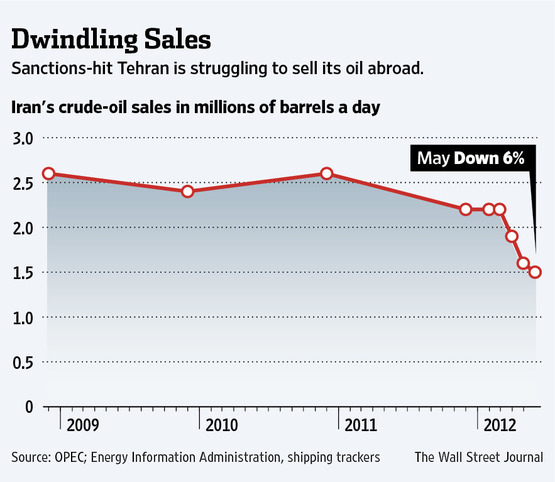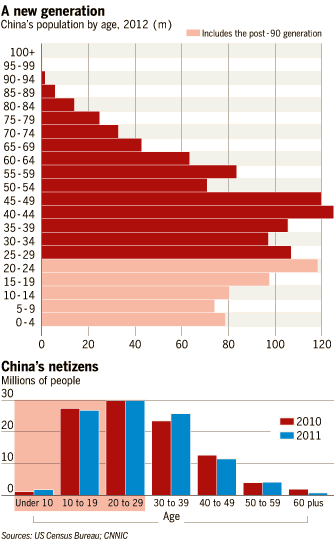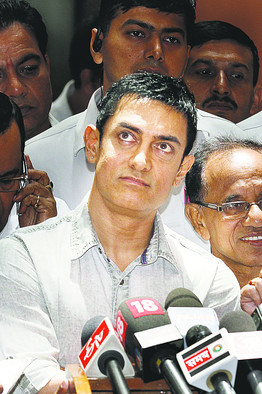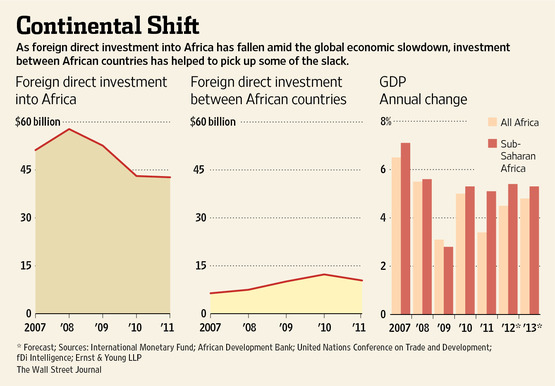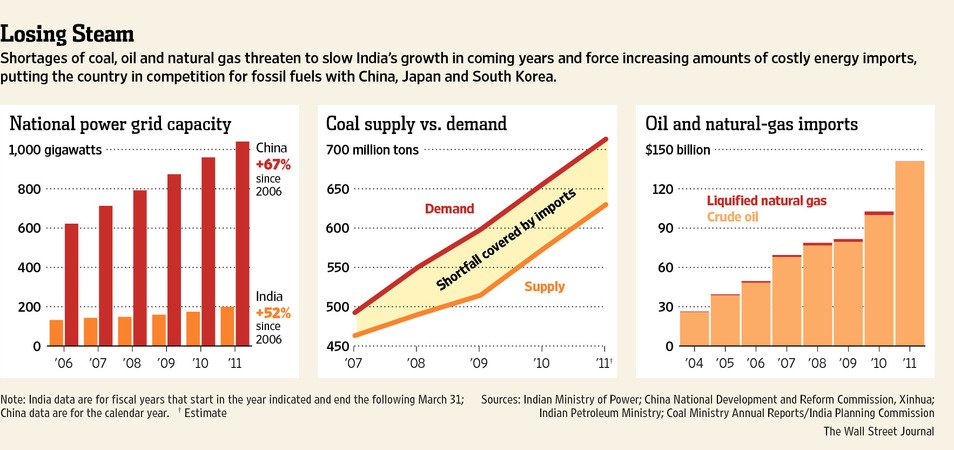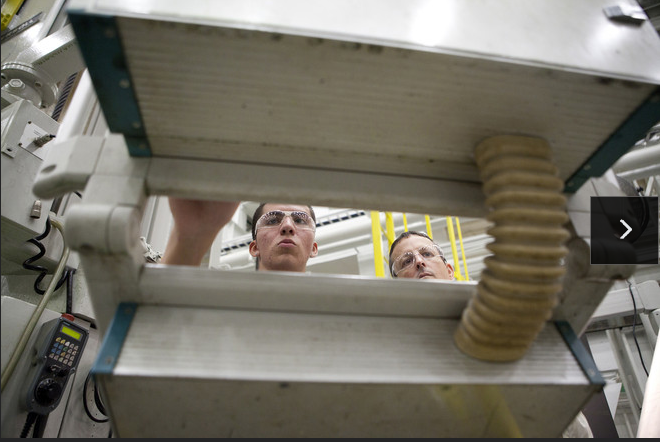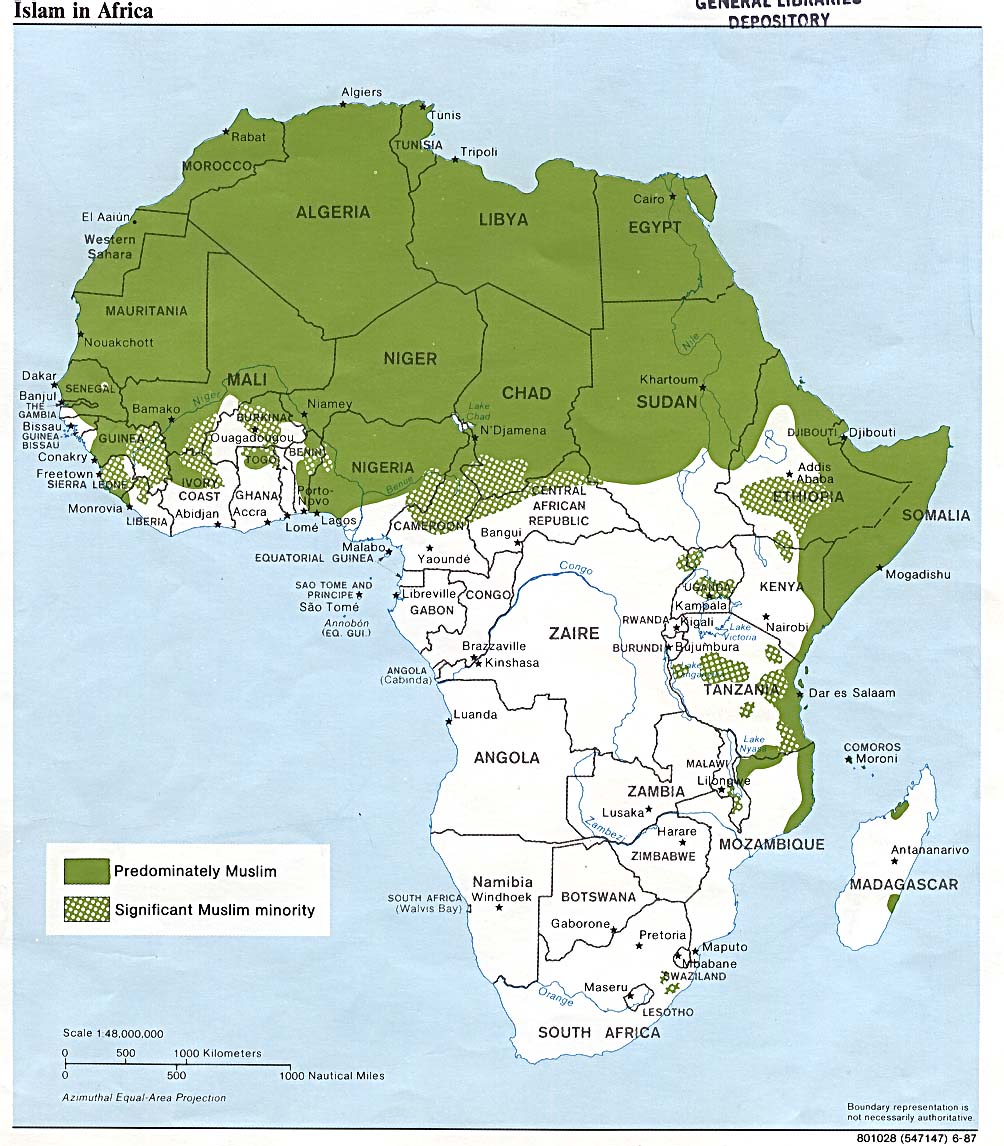 Interesting op-ed in the WSJ over the weekend, from a writer who writes frequently for the paper.
Interesting op-ed in the WSJ over the weekend, from a writer who writes frequently for the paper.
The recent spate of attacks on Muslim historic and religious sites in the ancient city of Timbuktu calls to mind the Taliban's destruction of the Bamiyan Buddhas in Afghanistan over a decade ago. The Taliban, of course, were obliterating the icons of a rival religion, as they saw it. The Salafist militias that have lately overrun Timbuktu and Mali are obliterating a rival tradition within their own faith . . .
Such incidents have now become a global phenomenon. In effect, primitive iconoclastic strains of tribal Islam have burst out of their historical isolation on the margins of civilization and coalesced globally to attack the more cosmopolitan, syncretistic and culturally advanced centers of their faith.
To Western minds, Mali denotes the most marginal of places in the African desert. But it is home to African Islam . . .
This is the new power topography of the Muslim geosphere. Oil money has funded extremist madrassas, or religious schools, to propagate a stripped-down, one-size-fits all ideology precisely suited for pollination across impoverished regions such as Somalia, Yemen, Nigeria, the Pakistani-Afghan border and the like. With money and threats, this international extremist franchise has targeted peaceful Muslim lands where the faith had blended with local customs or become more cosmopolitan through contact with other cultures. Places, in other words, where Islam had lost its aggression and exclusivity.
Today, radicalized imams from the outside infiltrate such places and rebuke the natives for their superstitions and weakness, their relaxed and idolatrous ways. Few can resist the irruption of money and guns legitimized by a virulent Quranic rhetoric, however pious they may be.
Some of the oldest communities in Islam, loosely categorized as Sufi for their mystical bent and ecstatic rituals often involving dance and music, have come under attack . . .
In the radical worldview, violence furnishes the litmus test: All authentic Muslims are jihadists, or holy warriors. The addition of anti-imperialism to the religious ideological mix happened under the Afghan resistance to the Russian occupation. Anti-imperialism has become so central to radical Islam's message and appeal that these days any fellow Muslim daring to demur gets branded a foreign agent.
Yet the real imperialists, the outsiders bent on conquest and control, are the radicals themselves . . .
Been a projection of mine going back through all three books: the Mideast middle-ages, going from a median age of about 22 to one in the early-mid 30s by the 2030s. We are watching that journey now unfold with the Arab Spring. So the question has long been: where does the Salafist impulse go?
Two "bottom billion" pools: interior Africa and Central Asia. Basically fake states in both instances, created by outsiders. That artificiality makes the political situation brittle enough for enough money and guns to matter.
I've never been a betting man regarding Central Asia: too many great powers too eager to snuff out that situation. The Shanghai Cooperation Organisation was basically created for this purpose.
Africa doesn't offer rich soil in terms of the local Muslim, who tend to be, as the op-ed points out, moderate in just about all ways. But I never predicted Africa was suffer this problem because of the nature of Islam there. the problem is the weakness of the states to deflect the impulse.
That's why America created Africom - in a nutshell. I know people want to paint the oil, but that's a weak attractor and it flows pretty much no matter what (hasn't exactly stopped out of the PG, has it these past 3 decades?).
No, I don't think radical Islam wins in Africa. I just think it'll be the last great fight - and it won't go quickly.
 Saturday, July 21, 2012 at 10:35AM
Saturday, July 21, 2012 at 10:35AM 









